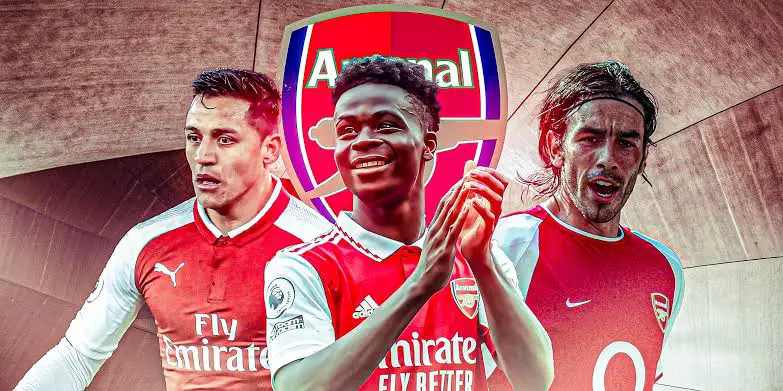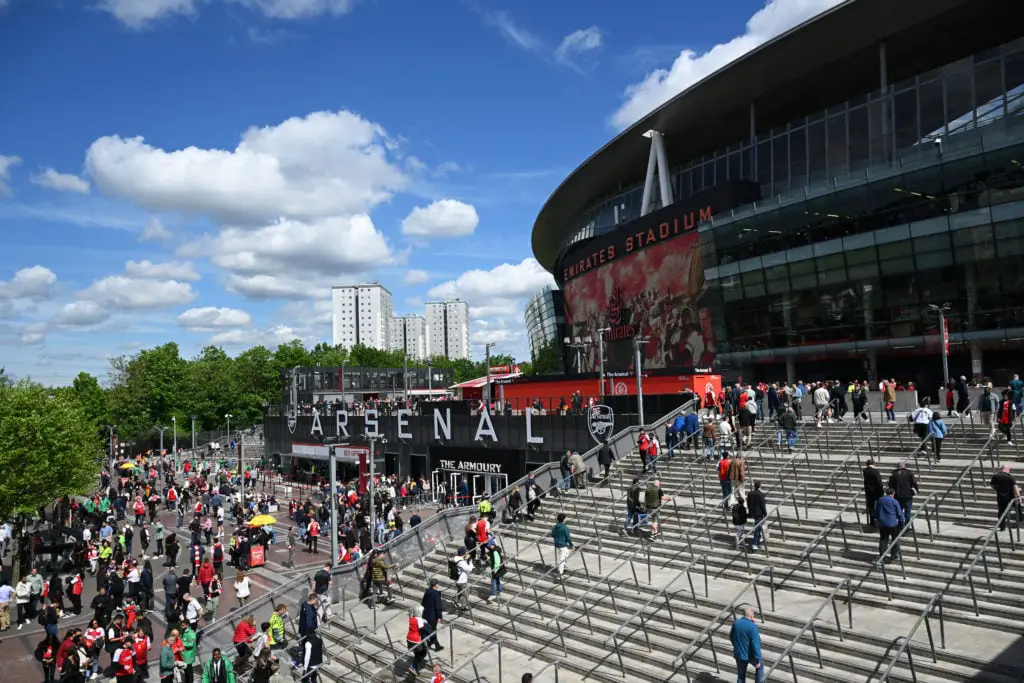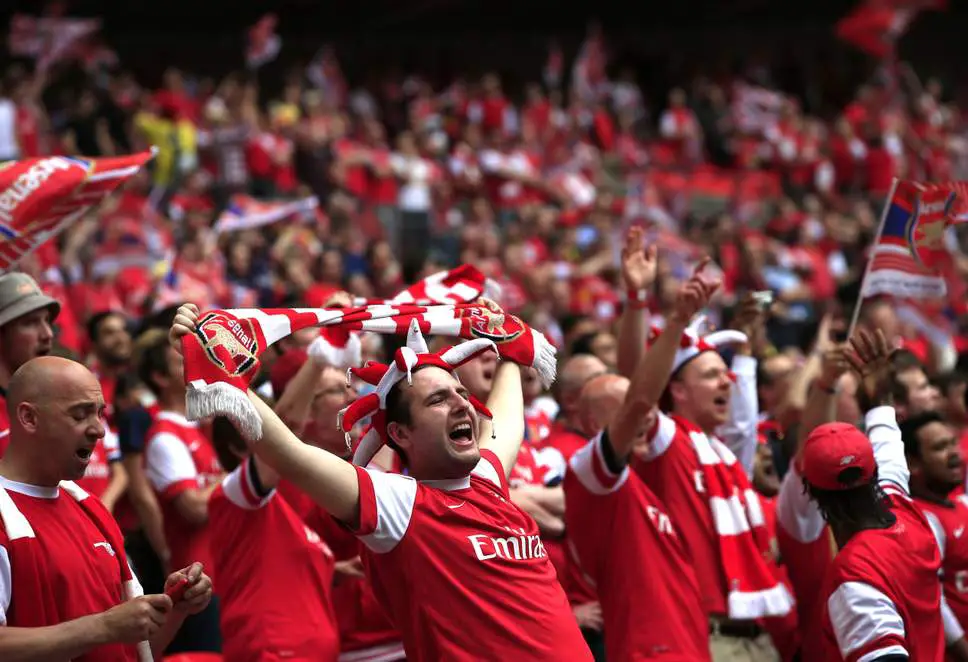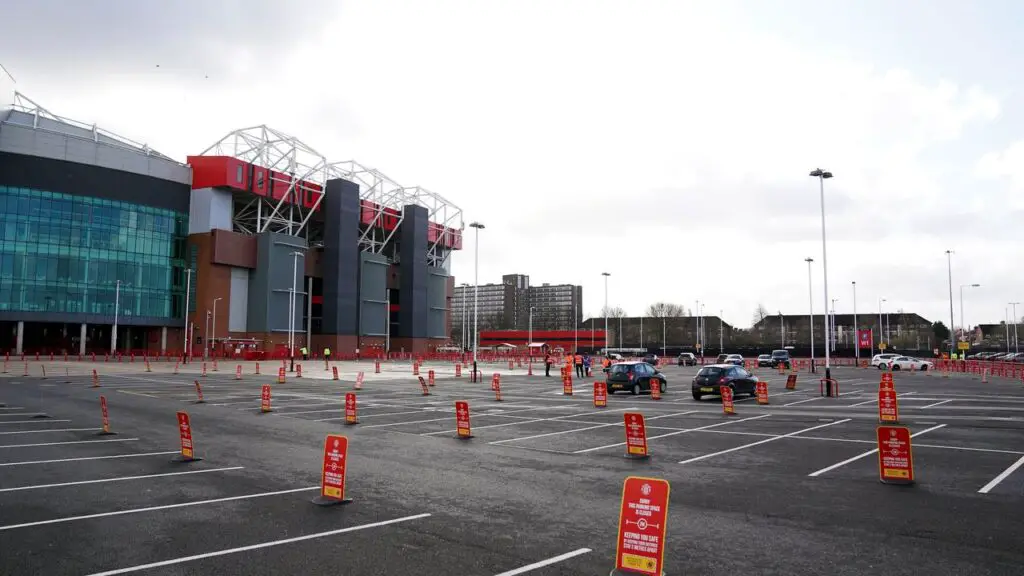One chance, one swing, three points. At Brentford on Sunday, October 5, Erling Haaland settled a tense, narrow match with the kind of clean, ruthless finish Manchester City have come to expect from him (0–1). After the final whistle, the Norwegian didn’t talk about tactics or xG. He talked about home. Since becoming a father, he said, something inside him has shifted—on the pitch and off it.
City escaped a tricky night in west London thanks to their No. 9 striking early, a flash of space exploited in a game where yards felt like inches. The seasons roll on, the defensive blocks get denser, and Haaland remains the emergency exit for Pep Guardiola’s side: 12 goals in nine appearances across all competitions already. The output is absurd, almost routine—and perhaps that’s what’s most frightening.

Earlier in the week—on October 1—he crossed another symbolic threshold, breaking into the top 10 all-time scorers in the UEFA Champions League: 52 goals in just 50 games. It’s a rate that warps the curve for what “normal” development looks like. Haaland’s relationship with the net is simple and uncompromising: direct, uncluttered, inevitable.
Yet the forward’s explanation wasn’t the usual story of grinding harder or living in the gym. Speaking to Sky Sports, he pointed to a quieter, gentler source: “Becoming a dad has changed me. When I’m home, I switch off from football completely. I relax more. You can be physically ready, but you have to be mentally ready, too. Having a child helps me come back calmer and clearer. I think I have to thank my son.”
Listen closely and a performance philosophy emerges. For Haaland, elite football is not one long sprint; it’s controlled surges separated by genuine rest. Family time isn’t a motivational poster—it’s a hard reset. The ball disappears from view, and when it returns the next morning, it’s sharper, bigger, slower in his mind’s eye. That rhythm—tension, then release—feeds the composure that defines him in front of goal. Less inner noise, more signal.
You can see it in the details that only pop in slow motion: the half-step he steals before a center-back reacts; the first touch that already contains the second; the almost monk-like economy of effort. Haaland’s power draws the headlines, but his edge is minimalism. He does less—and it matters more.
Fatherhood, in his telling, hasn’t made him sentimental; it has made him efficient. Where some players burn out trying to control every variable, Haaland has gained perspective. Less self-imposed pressure, more presence. Modern football demands perfectly tuned bodies and available minds. Turning off the lights at home to turn them on at the stadium might be the most underrated advantage there is. The message between the lines is clear: balance is not the enemy of ambition—it’s the fuel for it.
That balance shows up in his work for the collective, too. He’s communicating more with small cues, syncing runs with City’s creators, and accepting long stretches of quiet to appear at the only moment that counts. His off-ball discipline—pinning a back line, dragging a defender, clearing a channel—has rarely been as valuable to a team that survives on slivers of space.
Brentford away was never going to be pretty. The pitch felt tight, the duels constant, the atmosphere sticky. Those are the nights that invite errors and sap patience. That’s where a striker like Haaland earns his keep. One true look at goal, one exact contact, and that’s the game. It reads like minimalism on the stat sheet; it’s actually the peak of a long process built on attention and precision.
Publicly thanking his son for that composure also punctures the cartoon image of Haaland as a cold, unfeeling goal machine. The admission humanizes him. A center-forward is not just a stack of metrics; he’s a person learning how to carry pressure, how to switch off, how to return to the moment when it matters. A bottle at 3 a.m. can become an unexpected form of mental training. The goal, suddenly, is not an obsession—it’s a byproduct of a life arranged with care.
What’s left for him to prove? On paper, not much. But he’s nudged the real challenge elsewhere: sustainability. Can you keep scoring at this rate without grinding yourself down? Perhaps consistency is the true superpower. Perhaps maturity doesn’t blunt instinct—it sharpens it. That might be this season’s quiet lesson: a Haaland who speaks a little softer but cuts a little deeper; less urgency, more clarity.
As the calendar squeezes players harder than ever, his blueprint reads like a manifesto: live fully to play fully. Between the warmth of home and the cold geometry of the penalty area, Haaland has found a bridge. It leads straight to goal. And if you ask him where it starts, he’ll give you a simple answer—the name of his son.

















